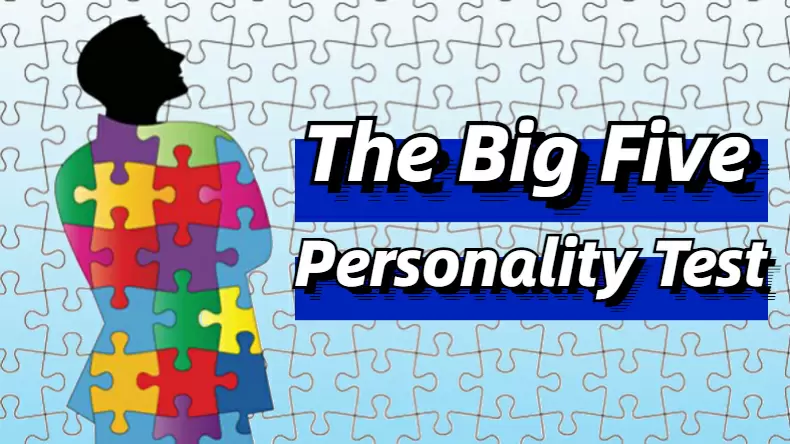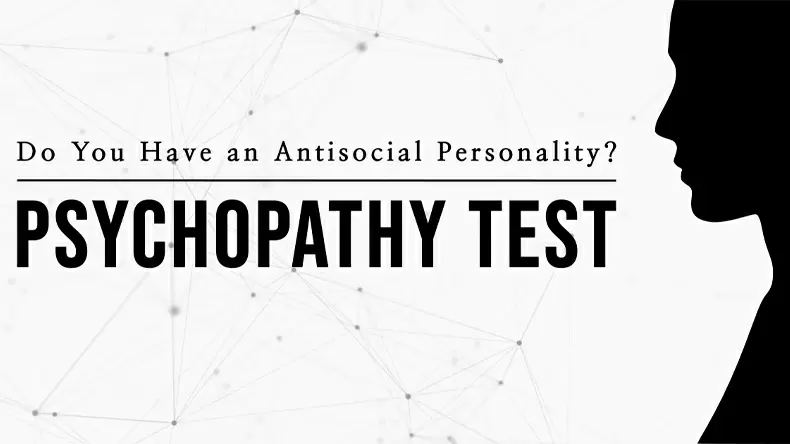Which LE SSERAFIM Member Are You? Quiz
Determine if you exhibit traits of psychopathy with this Psychopathy test. Answer honestly to gain insight into your personality and behavior.
Psychopathy is a term that often conjures up images of cold-blooded killers in popular culture, but in reality, it is a complex psychological construct that encompasses a range of traits and behaviors.
Psychopathy Test: What is a Psychopath?
Psychopathy is a personality disorder characterized by a lack of empathy, manipulative behavior, and a tendency towards antisocial actions. Individuals with psychopathic traits often exhibit superficial charm, a grandiose sense of self-worth, and a disregard for the feelings and rights of others. They may also display impulsivity, irresponsibility, and a lack of remorse for their actions.
Psychopathy Spectrum Test
One of the most widely used tools for assessing psychopathy is the Hare Psychopathy Checklist-Revised (PCL-R), developed by renowned psychologist Robert Hare. This checklist consists of 20 items that measure various aspects of psychopathic personality, such as glibness, shallow affect, and criminal versatility. Scores on the PCL-R can help clinicians determine the presence and severity of psychopathic traits in an individual.
Are You a Psychopath? Take the Psychopathy Spectrum Test!
Curious to know if you exhibit any psychopathic tendencies? Take our fun and informative Psychopathy Spectrum Test to find out! This Psychopath Test is designed to assess your personality traits and behaviors in relation to the core features of psychopathy. Remember, this Psychopathy test is for entertainment purposes only and should not be used as a diagnostic tool.
Am I a Psychopath?
If you've ever wondered whether you might have psychopathic traits, you're not alone. Many people are curious about their own personalities and how they compare to the characteristics of psychopathy. Our "Are You Psycho?" quiz is a quick and easy way to explore this topic further. Remember, psychopathy is a complex construct, and a Psychopath quiz cannot provide a definitive diagnosis.
In conclusion, psychopathy is a multifaceted phenomenon that continues to fascinate researchers and the general public alike. By gaining a better understanding of its key features and how it is assessed, we can dispel misconceptions and promote a more nuanced view of this intriguing personality disorder. Remember, if you have concerns about your own mental health, it's always best to seek guidance from a qualified professional.












